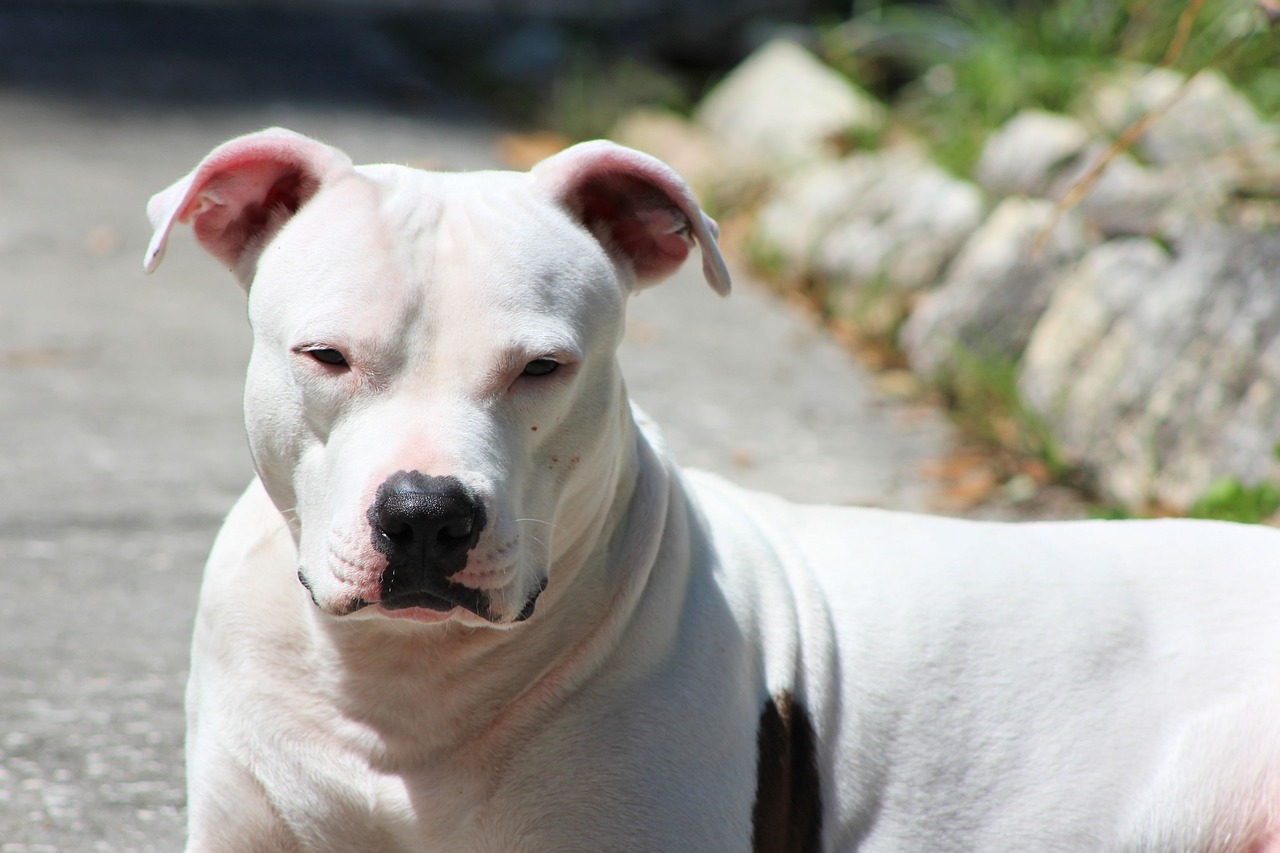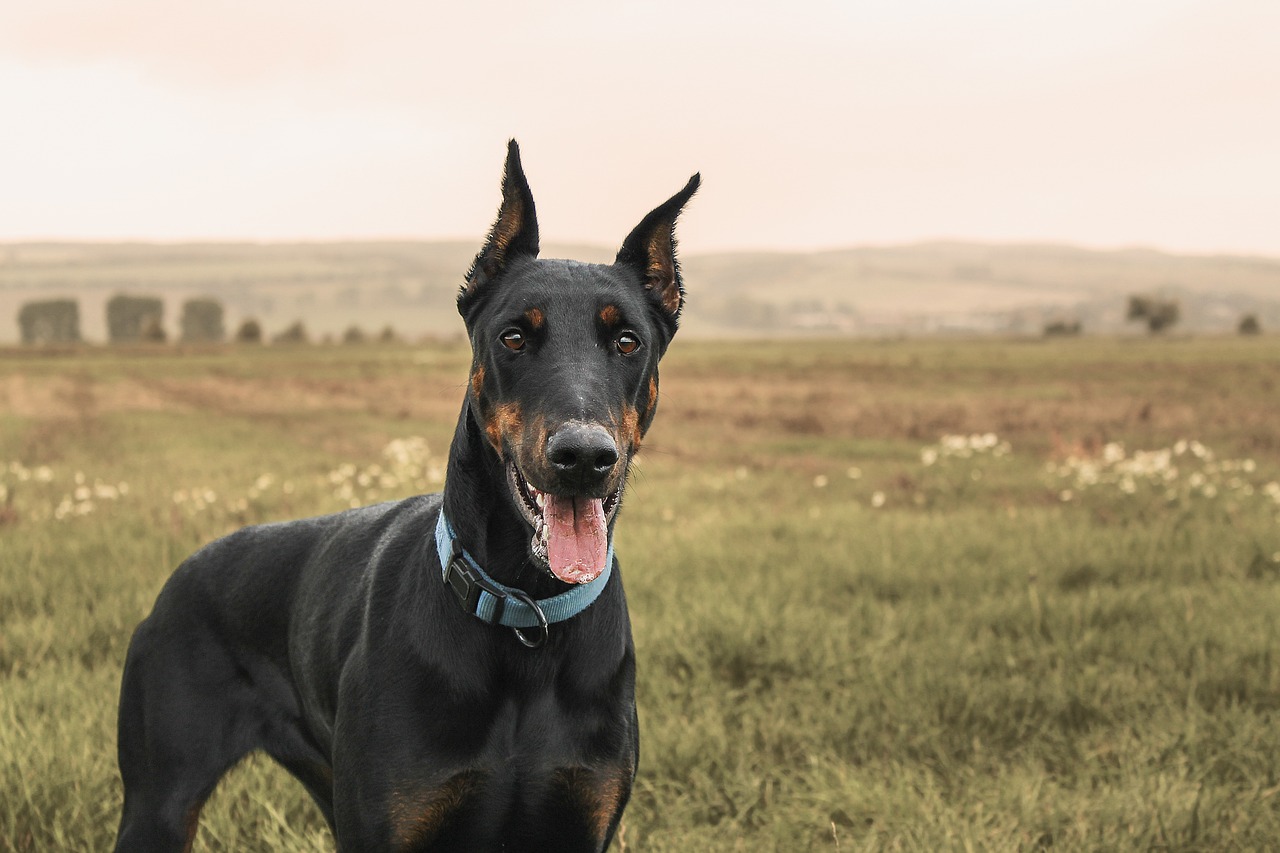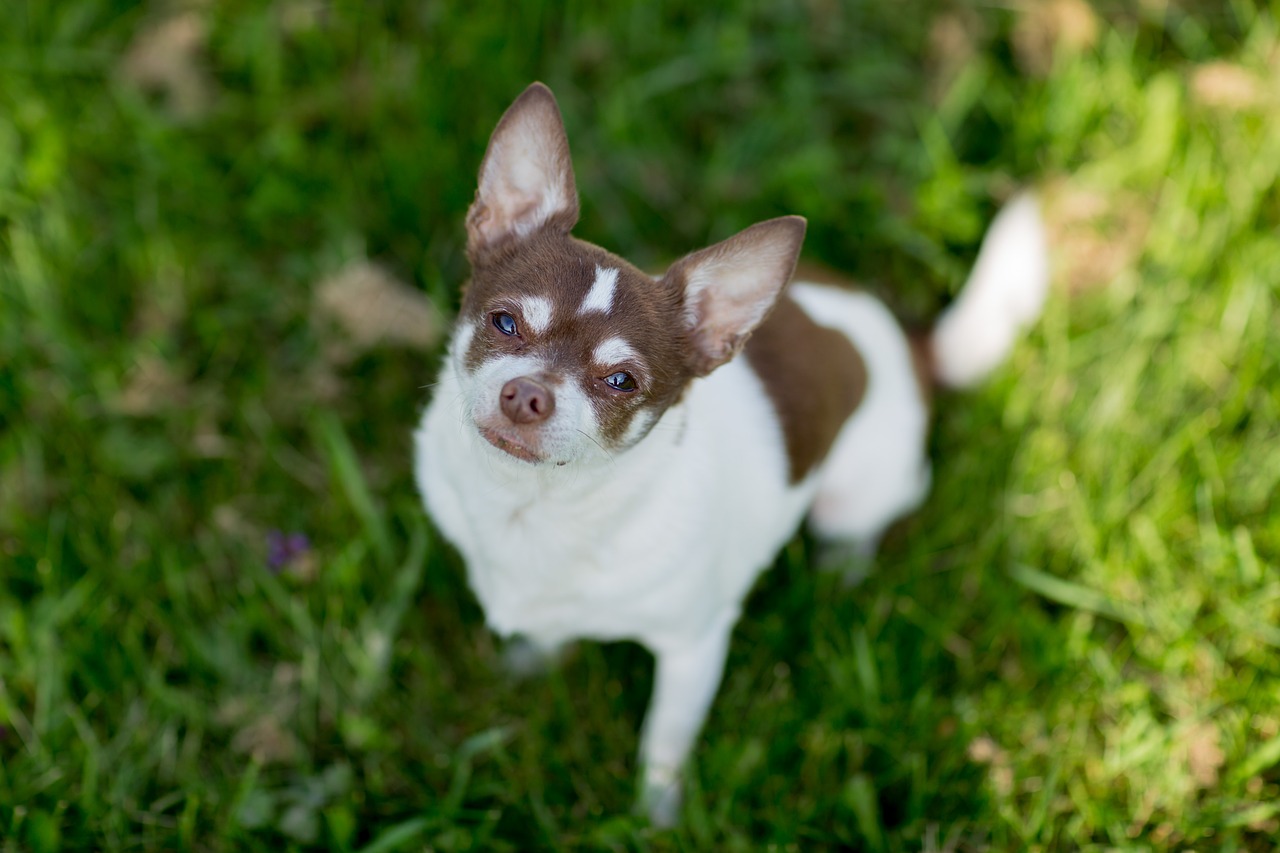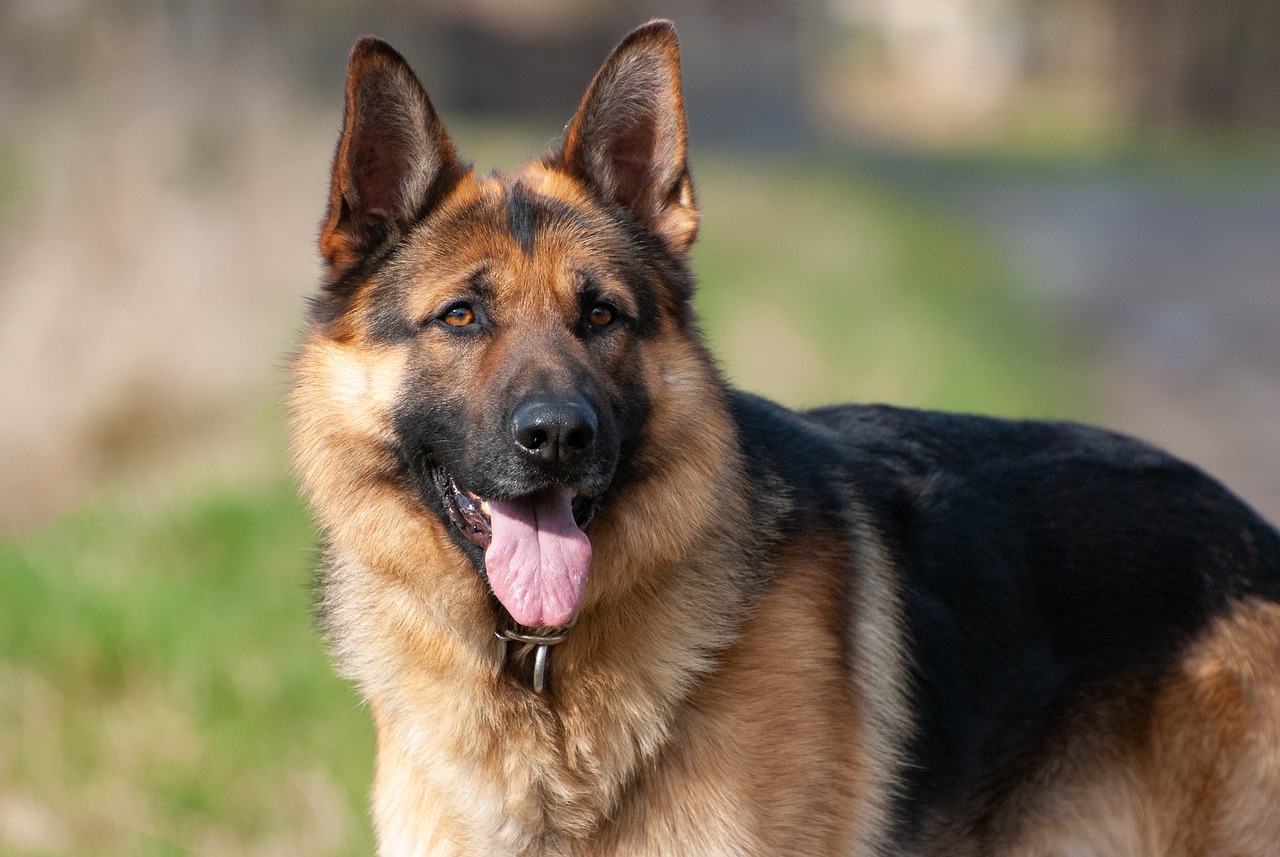In the vast and varied world of canine companions, misconceptions abound, shaping perceptions and often leading to unwarranted fears or stereotypes. Among these, certain breeds bear the brunt of societal misunderstandings, their true natures obscured by myths and media portrayal. This article delves into the top five most misunderstood dog breeds, shedding light on the reasons behind their mischaracterization. From the imposing figure of the Pit Bull to the distant demeanor of the Chihuahua, we explore the origins of these misconceptions and reveal the inherent qualities that make these dogs far more than what surface-level judgments suggest. These breeds, often viewed through a lens of prejudice, possess unique traits and histories that endear them to those who look beyond the stereotypes. Understanding these dogs requires peeling back layers of misinformation to appreciate their true characters, fostering a more informed and compassionate perspective towards all canine companions.
1. Pit Bull
The term “Pit Bull” encompasses several breeds, including the American Pit Bull Terrier, the American Staffordshire Terrier, and others often lumped together under this label. Pit Bulls are perhaps the most controversial and misunderstood of all dog breeds, frequently portrayed as inherently aggressive and dangerous. This misconception stems largely from media sensationalism and the unfortunate association with illegal dog fighting. However, aggression towards humans is not a trait specific to any breed. Pit Bulls were once known as “nanny dogs” for their gentle disposition and loyalty towards children. They are profoundly affectionate, eager to please, and highly trainable. The negative perception ignores their capacity for love, their intense loyalty, and their playful nature. Education and responsible ownership are crucial in changing the narrative around Pit Bulls, highlighting their true temperament as loving and reliable companions.

2. Rottweiler
Rottweilers are powerful dogs with a history as herders and protectors, traits that contribute to their perception as aggressive and potentially dangerous. This breed’s size and strength, combined with a deep bark and protective instinct, can indeed be intimidating. However, the misunderstanding of Rottweilers neglects their intelligence, loyalty, and affectionate nature towards their family. Properly socialized and trained Rottweilers are calm, confident, and can be exceptionally gentle companions. Their protective demeanor is a manifestation of their dedication to their loved ones, not a sign of inherent aggression. The key to understanding Rottweilers lies in recognizing their need for consistent leadership, socialization, and mental stimulation, which channels their strong characteristics into positive behaviors.

3. Doberman Pinscher
The sleek and powerful Doberman Pinscher is often stereotyped as a fierce guard dog, a perception fueled by their use in military and police roles. While they are indeed excellent protectors, this view overshadows their intelligence, loyalty, and surprisingly affectionate nature. Dobermans are highly trainable and eager to please, making them excellent family pets. They thrive on human companionship and suffer when isolated or neglected. The misconception of the Doberman as a dangerous breed fails to acknowledge their need for love, inclusion, and mental engagement. When raised with care and respect, Dobermans demonstrate a remarkable balance of vigilance and gentleness, embodying the qualities of a protective companion without the unwarranted aggression often attributed to them.

4. Chihuahua
Chihuahuas, the smallest of all dog breeds, suffer from a different kind of misunderstanding. Often perceived as yappy, aggressive, and overly nervous, Chihuahuas are actually brave, lively, and extremely loyal to their owners. Their tiny size does not deter their big personalities, which can lead to them being misunderstood as aggressive when they are simply assertive or protective. The stereotype of the Chihuahua as a “purse dog” also contributes to the misconception, overshadowing their intelligence and adaptability. With proper training and socialization, Chihuahuas can be as well-behaved and affectionate as any other breed. Their misrepresentation fails to capture the depth of their character and the joy they can bring to their human companions.

5. German Shepherd
German Shepherds are renowned for their intelligence, strength, and versatility, qualities that make them excellent working dogs in various fields, including law enforcement and search and rescue. However, these same traits contribute to their misunderstanding as overly aggressive and hard to manage. In reality, German Shepherds are incredibly loyal, eager to learn, and affectionate with their families. They possess a high level of intelligence that, when coupled with consistent training and socialization, makes them obedient and reliable companions. The misconception of German Shepherds as dangerous overlooks their ability to form deep bonds with their owners and their gentle nature when raised in a loving environment. Understanding and meeting their needs for exercise, mental stimulation, and companionship can reveal the true, compassionate nature of the German Shepherd.

The misconceptions surrounding these five breeds underscore the importance of looking beyond stereotypes and understanding the individual dog’s personality, history, and needs. Prejudices against certain breeds not only harm the dogs but also contribute to their mistreatment and abandonment. By educating ourselves and others about the true nature of these misunderstood breeds, we can foster a more inclusive and compassionate society for all dogs. Recognizing the responsibility of ownership, the need for proper training and socialization, and the power of love and respect is essential in changing perceptions and improving the lives of these remarkable animals.
 Toledo, United States.
Toledo, United States.
